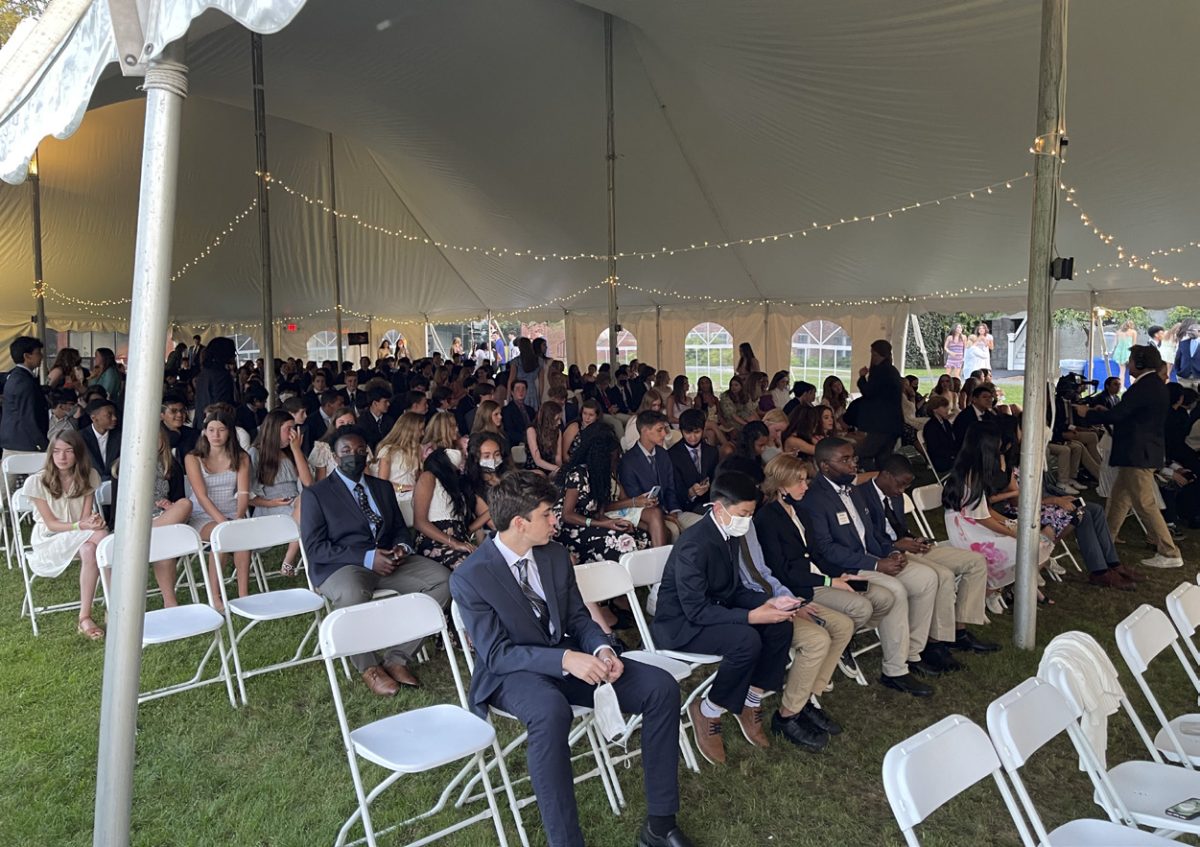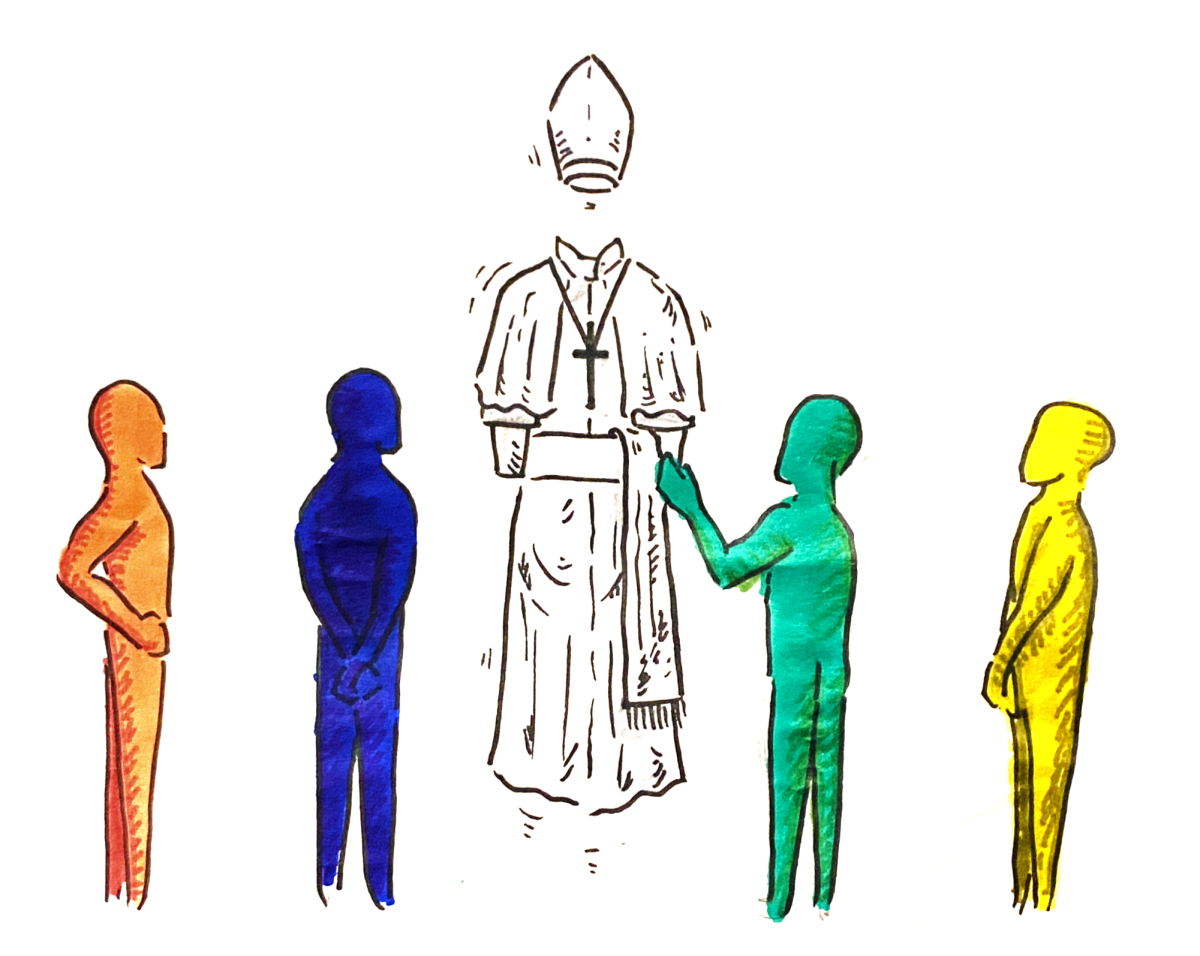In the spirit of journalistic transparency, we feel obligated to share the truth: coming up with this editorial was hard. As current Upper Mids, it felt wrong to write a series of finger-wagging platitudes urging Seniors to “Embrace change” or “Keep in touch!” Afflicted with a rare case of writer’s block, we found ourselves returning to the most basic of artistic truisms: “Write what you know.”
If there’s one thing we know, it’s that things are always changing. Our time as students has been a series of cycles. We began in kindergarten, bright-eyed and clutching our five-times-too-big-for-us backpacks like life jackets. As the youngest in the building, we inevitably idolized the fifth-graders—those seemingly grown-up tweenagers who practically oozed coolness. But before we knew it, we had assumed their roles; and having reached the peak of the elementary school totem pole, we basked in the glory of our de-facto coolness.
But the next year, we started all over again. Thrown into the chaos of new schools, we were robbed of our “cool kid” statuses and dropped back to the bottom of the social hierarchy. Again, we were the youngest. Again, we didn’t know where we were going, or which teachers were the best, or where to sit (and with whom!) at lunch. And again, we anxiously waited to grow older—to reach eighth grade, when we’d be crowned the kings and queens of our middle schools.
You can see where we’re going with this. Everything old is new again, and vice versa. Fifth-graders move to middle school, eighth-graders go to high school, and Seniors go to college. The cycle continues.
A few hours after this issue is published, the three of us will experience this cycle first hand. Having successfully run the gauntlet of Upper Mid year, we will officially “move down” to claim our Senior seats in Walker. But we know we shouldn’t get too comfortable—next year, we’ll graduate and start anew, scattered all around the country and the world.
In life, change is the only constant. We’re consigned to an endless cycle of “newness”: adjusting to new places, making new friends, joining new groups, and learning new names. Though it can seem hard to say goodbye, the friendships we’ve forged in the crucible of failed math tests, sports team buses, mosh pits, and late-night confessionals seem nearly unbreakable—and they are. But like everything else, they too will change.
As we approach graduation, it’s important to remember that the new never replaces the old. The network of things and people we’ve loved form the shock absorbers which stabilize us as we take on new challenges. Love is a sponge; it’s always expanding.







